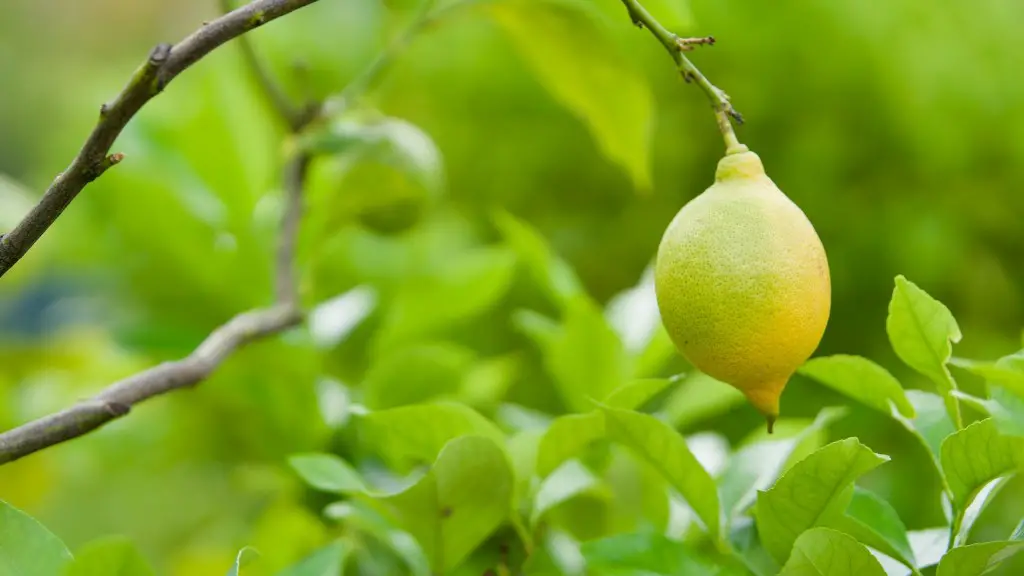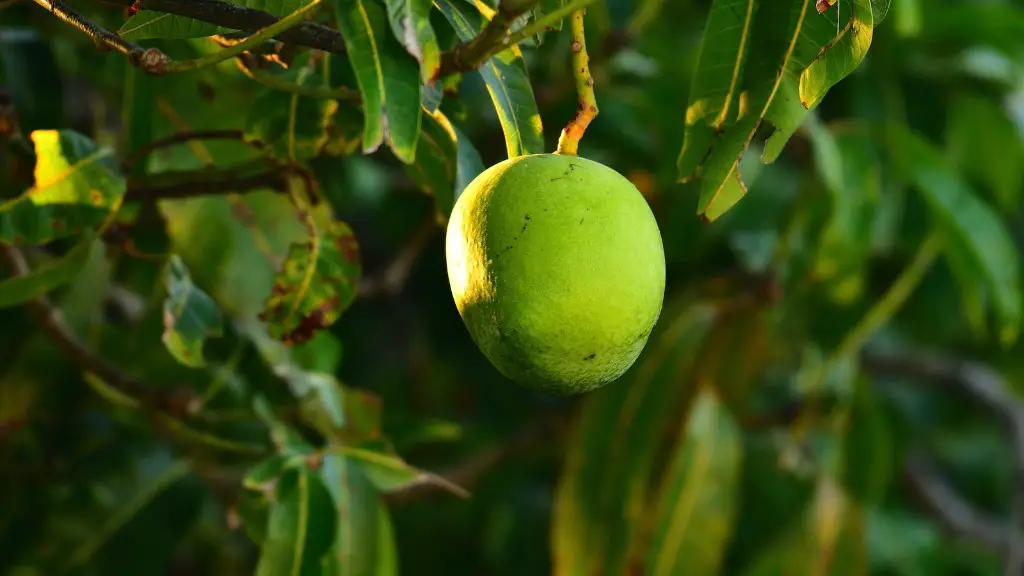It can be very distressing to discover that something has been devouring your prized lemon tree leaves. Unfortunately, this is a common problem in the UK, with a number of insects and other pests attacking the foliage of your citrus tree. In this article, I will be exploring what common culprits are eating the leaves of your lemon tree and how you can identify them. Then I will look at various methods of controlling these pests in order to protect your treasured lemon tree.
Common culprits
A number of common pests can be responsible for eating the leaves of a lemon tree. These include aphids, scale insects, mealybugs and leaf miners. All of these pests can be identified by their distinctive appearance, as well as by the damage they cause. Aphids are small green or black bugs, while scales and mealybugs are typically white and look like cottony masses. Leaf miners are white, yellow or black larvae that tunnel into leaves, leaving distinctive lines or zig zags.
Identification of pests
The best way to identify which pest is eating your lemon tree leaves is to take a close look at the leaves. If you can see the bugs, then you can identify them easily. If you can’t see any bugs, then paying attention to where the damage is occurring can help you to identify the pest causing the problem. Different pests leave different signs of damage, so you should be able to figure out which pest is responsible.
Control methods
Once you have identified the pest causing the problem, you can take steps to control it. The type of control method you use will depend on the pest. For example, aphids can be sprayed with insecticidal soap or horticultural oil, while scale can be treated with insecticides or horticultural oils. If the problem is caused by leaf miners, then the affected foliage should be removed and destroyed. If the problem is more serious or widespread, then it may be necessary to hire a pest control expert.
Organic pest control
Organic pest control is an effective alternative to chemical pesticides. It involves using natural predators of the pest, such as ladybugs and lacewings, to control the pests without resorting to chemical sprays. There are also various organic products available, such as predators, neem oil and garlic sprays, which can be used to control pests and protect your lemon tree.
Pruning
Regular pruning can also help to reduce the level of pest infestation in your lemon tree. By removing diseased and damaged branches, you can reduce the amount of available food for the pests. This, in turn, can help to reduce the amount of damage caused to your lemon tree.
Monitoring the situation
It is important to monitor the situation regularly in order to determine whether the control measures you have taken are working. If the problem persists, then it may be necessary to take further action or contact a pest control expert.
Preventative measures
In order to prevent pests from attacking your lemon tree, it is important to keep the area around the tree free from debris, weeds and fallen leaves. This will help to reduce the number of areas where pests can hide. It is also a good idea to ensure that the tree is receiving adequate amounts of water, as this can help to reduce the possibility of the leaves being attacked.
Regular inspection
It is important to inspect your lemon tree regularly in order to identify any signs of pests or damage. This can help to ensure that you are able to take action quickly in order to prevent further damage. Regular inspections can also help you to monitor the effectiveness of the control measures you have implemented.
Insecticidal sprays
Insecticidal sprays can be used to treat infestations of pests on your lemon tree. These sprays should only be used as a last resort, as they can be harmful to beneficial insects such as bees and other pollinators. It is therefore important to take care when using insecticidal sprays and to ensure that they are only used as directed.


